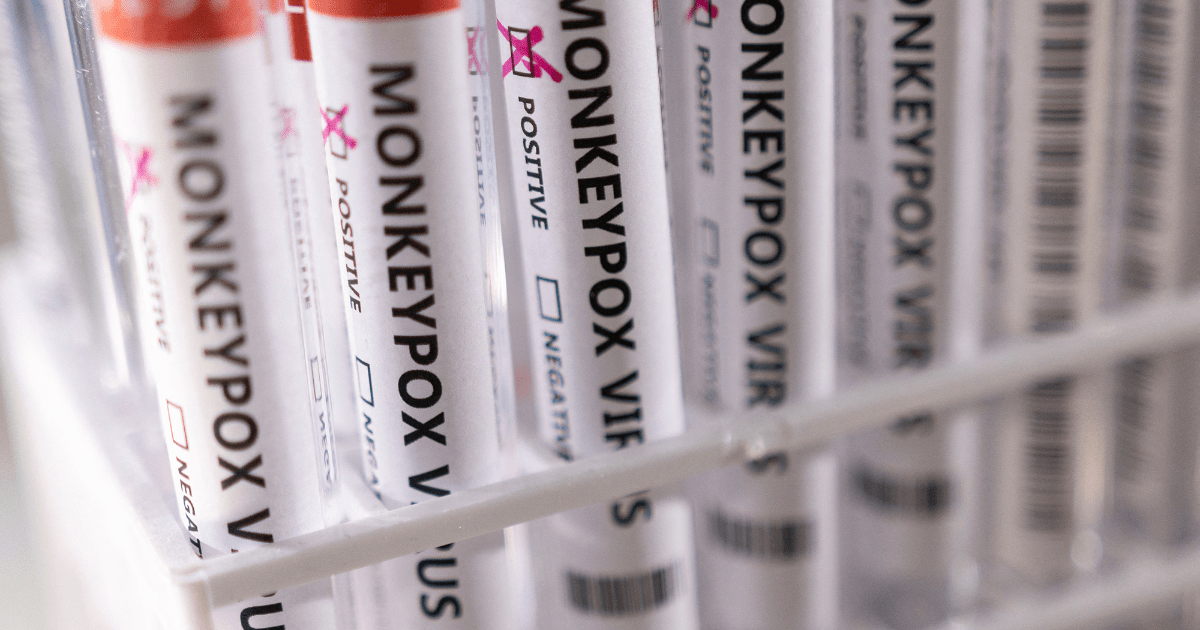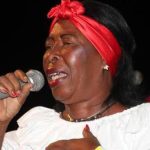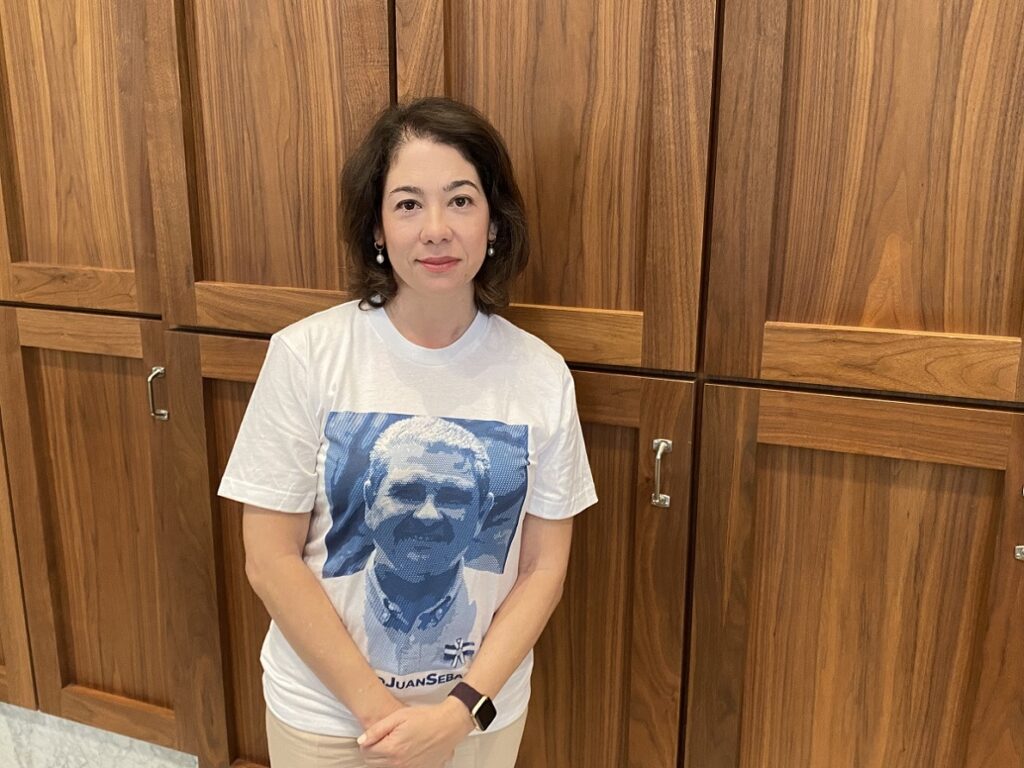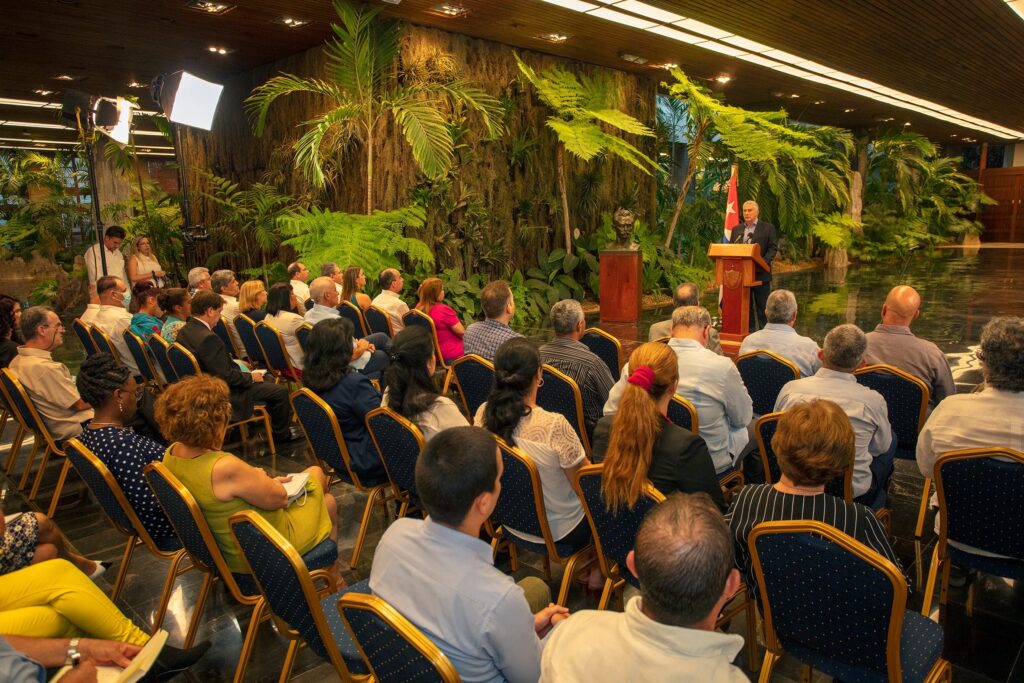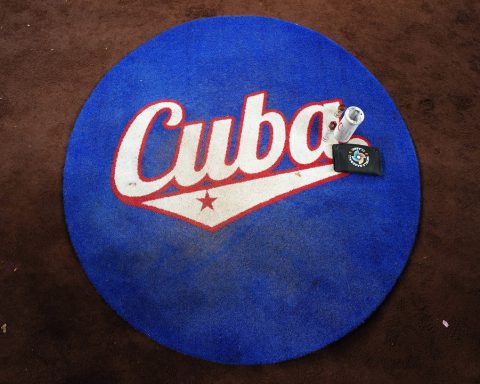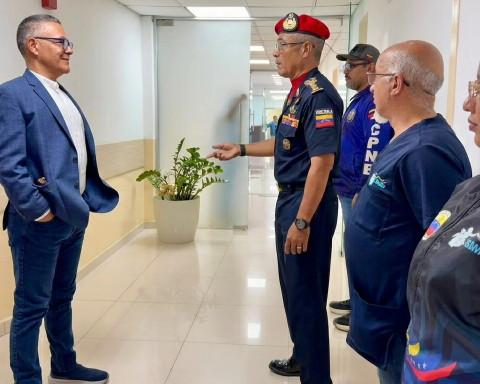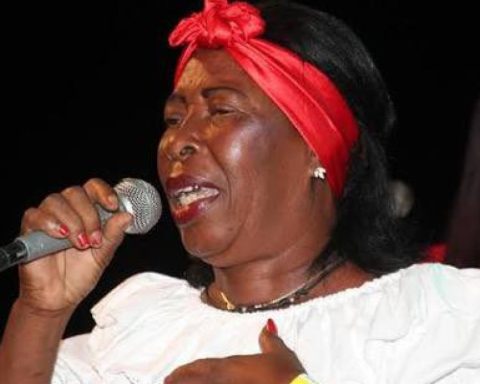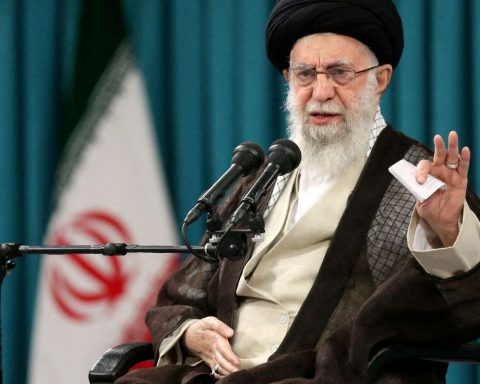The World Health Organization has been notified of over 1,000 cases of monkeypox in the current outbreak, outside the African countries where it spreads most often.
WHO Director-General, Tedros Adhanom Ghebreyesussaid the risk of monkeypox becoming established in these non-endemic countries is real, but preventable at this time.
Twenty-nine countries have reported cases in the current outbreak, which began in May. None have reported deaths.
In a press conference for the media in Geneva, Tedros also said that this year there have been more than 1,400 suspected cases of monkeypox in Africa and 66 deaths.
It is an unfortunate reflection of the world we live in that the international community is only paying attention to monkeypox because it has appeared in high-income countries,” he said.
He said the outbreak was showing signs of community transmission in some countries. The OMS recommends that people with monkeypox isolate themselves at home.
Rosamund Lewis, the WHO’s technical director for monkeypox, said “close interpersonal contact” was the main way monkeypox spread, though she added that the risk of aerosol transmission was not yet fully understood. Health workers caring for monkeypox patients should wear a mask, she said.
The WHO added that cases remain predominantly among men who have sex with men, although cases have been reported in women.
The UN agency is working with organizations such as UN-AIDS and community groups to raise awareness and stop transmission.
The WHO added that in some countries, vaccination of health workers or close contacts, including sexual partners, may be considered, ideally within four days of exposure. The vaccines being used are designed against smallpox, a related and more dangerous virus that the world eradicated in 1980, but also work to protect against monkeypox, studies have shown.
Sylvie Briand, a senior WHO official, said the agency is assessing the potency of stockpiled smallpox vaccines and contacting manufacturers and countries that have previously pledged vaccines.
